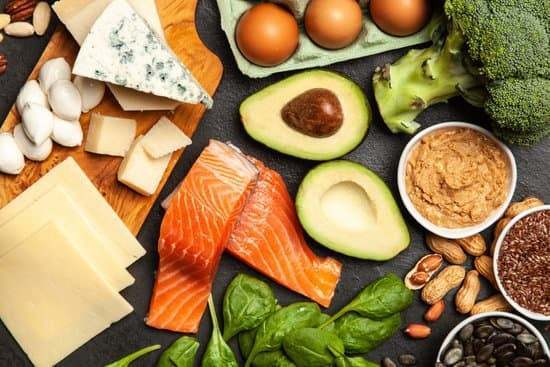
Protein is one of the most asked-about nutrients—and for good reason. It plays a critical role in muscle maintenance, metabolism, immune function, hormone production, and overall health. But with advice ranging from “eat more protein” to “you don’t need that much,” it can be confusing to know what’s right for your body.
In this guide, you’ll learn how much protein you truly need based on your age, goals, and lifestyle—along with evidence-based recommendations from trusted nutrition authorities.
Why Protein Matters
Protein is made up of amino acids, which act as building blocks in the body. You need protein to:
- Maintain and repair tissues
- Support immune and hormone function
- Build and maintain muscle mass
- Promote satiety and stable energy
- Support healthy skin, hair, and nails
Because your body doesn’t store protein like it stores fat or carbohydrates, you need a consistent intake throughout the day.
How Much Protein Do You Actually Need?
1. General Adult Requirements
The Recommended Dietary Allowance (RDA) for adults is: 0.8 g of protein per kilogram of body weight per day
This is the minimum amount required to prevent deficiency—not necessarily the amount needed for optimal health.
Example: A 70 kg (154 lb) adult → 56 g protein/day
However, many adults benefit from eating more than the minimum.
2. Optimal Protein Intake for Most Adults
Research suggests higher protein intake can support:
- Muscle maintenance
- Healthy aging
- Appetite regulation
- Blood sugar stability
- Weight management
Most adults do well with: 1.2–1.6 g/kg/day
This range is widely supported by sports nutrition and aging research for preserving lean mass and supporting metabolic health.
Example: 70 kg adult → 84–112 g/day
3. Protein Needs for Active Individuals
If you exercise regularly—especially strength training—your needs increase to 1.6–2.2 g/kg/day
This level supports:
- Muscle repair
- Strength gains
- Better recovery
- Improved performance
Example: 70 kg active person → 112–154 g/day
4. Protein Needs for Older Adults
As we age, the body becomes less efficient at using protein. Eating more protein helps maintain muscle mass, bone health, and independence.
Recommended: 1.0–1.2 g/kg/day for adults 65+
This can increase to 1.2–1.5 g/kg/day if illness, inactivity, or weight loss is present.
5. Can You Eat Too Much Protein?
For healthy individuals, high protein intake is generally safe. Research shows no harm to the kidneys when kidney function is normal. The main considerations are:
- Insufficient fiber if protein crowds out plant foods
- Excessive reliance on supplements instead of whole foods
- Excessively large portions may not provide additional benefit for most people.
Most people don’t need more than 2.2 g/kg/day unless under guided athletic programming.
How to Easily Increase Your Protein Intake
Protein-rich foods:
- Eggs
- Greek yogurt or skyr
- Tofu and tempeh
- Chicken, turkey, fish
- Lentils and beans
- Cottage cheese
- Edamame
- Nuts and seeds
Simple ideas:
- Add Greek yogurt to oatmeal
- Choose higher-protein snacks (cheese, hummus, nuts)
- Include a protein source at every meal
- Have quick add-ons like boiled eggs or edamame in the fridge
A Note on Protein Distribution
To maximize muscle maintenance and satiety, aim for: 20–40 g of protein per meal rather than eating most of your protein at dinner. This spacing supports better muscle protein synthesis throughout the day.
Final Thoughts: What’s Right for You?
Your ideal protein intake depends on your:
- Age
- Activity level
- Health goals
- Medical conditions
- Current diet patterns
Most adults benefit from eating more than the minimum, especially if the goals include strength, metabolism, blood sugar regulation, or healthy aging.
f you’re curious about what protein target is right for your body, a registered dietitian can help you find an approach that feels sustainable. Connect anytime if you’d like support.
References
- Institute of Medicine. Dietary Reference Intakes for Energy, Carbohydrate, Fiber, Fat, Fatty Acids, Cholesterol, Protein, and Amino Acids (2005). National Academies Press.
- International Society of Sports Nutrition (ISSN). Jäger R., et al. “International Society of Sports Nutrition Position Stand: Protein and Exercise.” Journal of the International Society of Sports Nutrition. 2017.
- Phillips SM, Van Loon LJ. Dietary protein for athletes: from requirements to optimum adaptation. J Sports Sci. 2011;29 Suppl 1:S29-38.
- Restivo, J. (2024) "Muscle loss and protein needs in older adults". Available at https://www.health.harvard.edu/staying-healthy/muscle-loss-and-protein-needs-in-older-adults.





